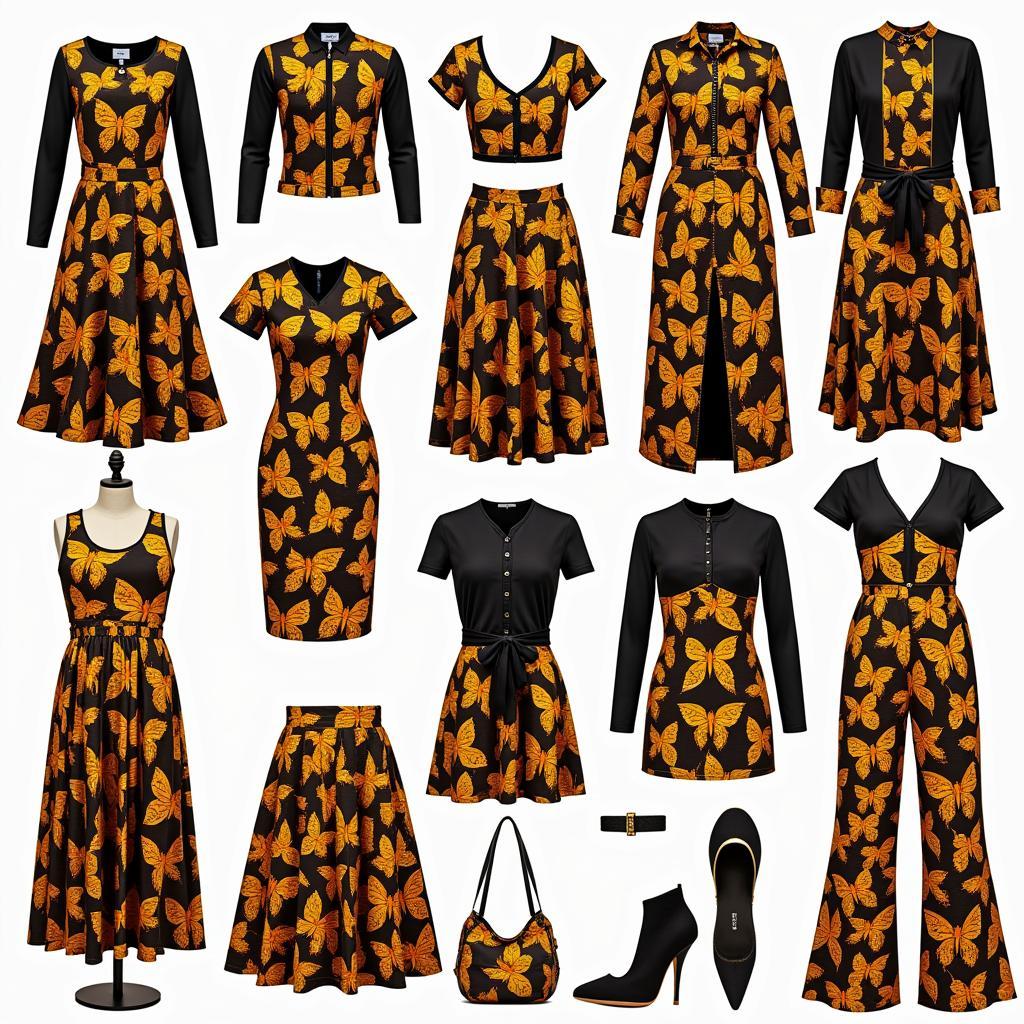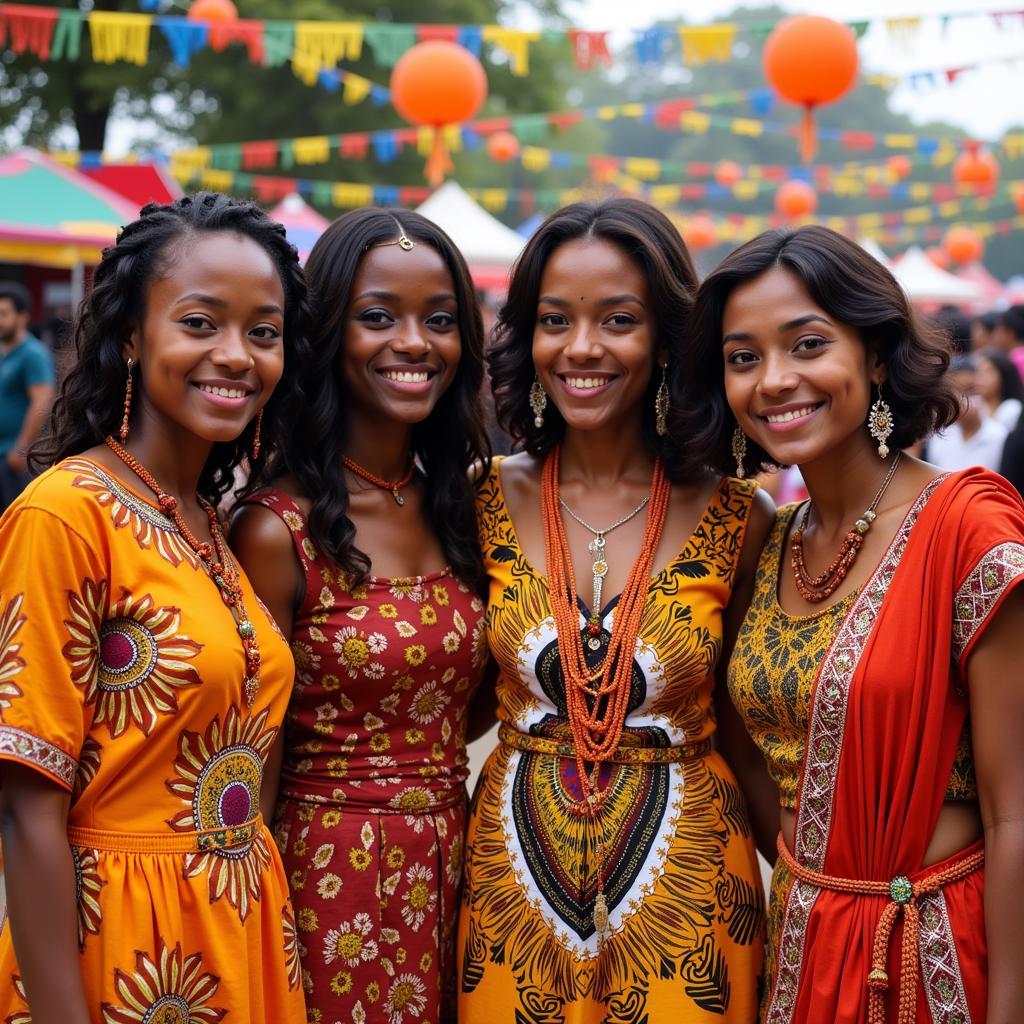The Allure of the African Blackwood Guitar
The African Blackwood Guitar, renowned for its rich, resonant tone and stunning visual appeal, is a coveted instrument among discerning musicians. This article delves into the fascinating world of African blackwood, exploring its origins, properties, and the craftsmanship that transforms it into a musical masterpiece. We’ll also explore the unique characteristics that make this wood so highly prized by luthiers and guitarists alike.
The Origin and Properties of African Blackwood
African blackwood, scientifically known as Dalbergia melanoxylon, is a dense and durable hardwood native to the dry savannas of sub-Saharan Africa. This slow-growing tree, often reaching heights of up to 30 feet, takes decades to mature, contributing to the wood’s density and tonal qualities. The heartwood, which is the portion used for instrument making, exhibits a deep, dark brown to almost black color, often with striking streaks of purple or reddish-brown. Its fine, even texture and natural luster make it ideal for crafting intricate details. Beyond its beauty, African blackwood possesses exceptional acoustic properties, lending itself to the creation of instruments with a warm, balanced tone and remarkable projection.
Crafting the African Blackwood Guitar: A Symphony of Skill
The transformation of African blackwood into a guitar involves a delicate balance of artistry and precision. Experienced luthiers carefully select the wood, considering factors such as grain patterns, density, and resonance. They then meticulously shape and carve the wood, creating the back and sides, fingerboard, and bridge of the guitar. The process is a testament to the dedication and skill of these craftspeople, who understand the inherent potential of this precious material. The tight, close grain of African blackwood allows for intricate inlays and delicate carvings, adding to the instrument’s aesthetic appeal.
Why Choose an African Blackwood Guitar?
The African blackwood guitar isn’t just an instrument; it’s an investment in a legacy of craftsmanship and tonal excellence. The wood’s density allows for the creation of instruments with a powerful, focused sound that projects beautifully across a range of musical styles. Its tonal characteristics are often described as warm, balanced, and complex, with a rich harmonic overtone spectrum. Whether playing classical, flamenco, or fingerstyle, the African blackwood guitar offers a dynamic and responsive playing experience that captivates both the player and the listener.
What is the tonal quality of African blackwood?
African blackwood produces a warm, balanced, and complex tone with rich harmonic overtones.
Is African blackwood sustainable?
Due to its slow growth and high demand, the sustainability of African blackwood is a concern. Efforts are being made to promote responsible harvesting and reforestation.
The Price of Excellence: Understanding the Value
The African blackwood guitar commands a premium price due to several factors, including the wood’s scarcity, the intricate craftsmanship involved, and its exceptional tonal qualities. These guitars are often considered heirloom pieces, passed down through generations of musicians.
African Blackwood Guitar: A Legacy of Sound
The African blackwood guitar is more than just a musical instrument; it’s a testament to the beauty and resilience of nature, combined with the artistry and dedication of skilled luthiers. Its rich, resonant tones and exquisite craftsmanship make it a prized possession for musicians seeking an instrument that will inspire and endure for generations to come. Choosing an African blackwood guitar is an investment in a timeless legacy of sound.
FAQ
-
What is the average lifespan of an African blackwood guitar? With proper care, an African blackwood guitar can last for centuries.
-
How should I care for my African blackwood guitar? Keep the guitar in a stable environment with controlled humidity and temperature.
-
Are there different grades of African blackwood? Yes, the quality of African blackwood can vary depending on factors like density and grain pattern.
-
Is African blackwood difficult to work with? Yes, its density makes it challenging to shape and carve, requiring specialized tools and expertise.
-
What other instruments are made from African blackwood? Clarinets, oboes, and other woodwind instruments also utilize this precious wood.
-
How can I tell if a guitar is made from genuine African blackwood? Look for a deep, dark brown to black color, often with streaks of purple or reddish-brown, and a fine, even texture.
-
Where can I purchase an African blackwood guitar? Reputable luthiers and specialized musical instrument stores are the best places to find these guitars.
Need More Information?
For more information on African musical instruments, explore our articles on the Kora, the Mbira, and the Talking Drum. Looking for guitar care tips? Check out our guide on Maintaining Your Acoustic Guitar.
If you need assistance, please contact us at Phone Number: +255768904061, Email: kaka.mag@gmail.com, or visit us at Mbarali DC Mawindi, Kangaga, Tanzania. We have a 24/7 customer service team.

